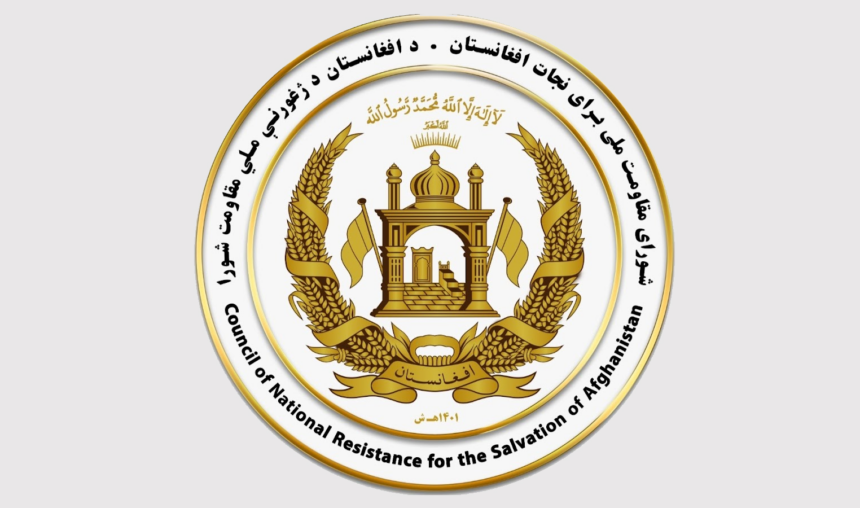RASC News Agency: The Supreme Council of National Resistance for the Salvation of Afghanistan has expressed strong support for the recent passage of a U.S. congressional bill aimed at halting all financial aid to the Taliban. In a statement released this week, the Council hailed the legislation as a principled, courageous, and commendable move that aligns with the aspirations of the Afghanistani people and sends a clear message of opposition to the Taliban’s extremist policies, systemic oppression, and egregious human rights violations. The Council noted that the bill’s passage follows over a year of persistent advocacy and diplomatic engagement, reflecting a growing recognition among U.S. lawmakers of the grim realities facing Afghanistan under Taliban rule. It described the legislation as a meaningful response to the voices of millions of Afghanistani citizens who have endured institutionalized discrimination, poverty, violence, and the collapse of fundamental freedoms since the Taliban’s return to power.
However, the statement also underscored that this legislative step must be seen as a beginning not an end in redefining global engagement with Afghanistan’s de facto rulers. Calling the bill a watershed moment in U.S. foreign policy toward Afghanistan, the Resistance Council framed it as the potential start of a new era one grounded in support for liberty, human dignity, and inclusive governance. It urged the U.S. and its allies to take further action, including targeted political and economic sanctions against Taliban leadership and their financial networks, as well as imposing international travel restrictions on members of the group.
The Council also issued a clear call to the international humanitarian community, UN agencies, and global rights organizations: ensure that all humanitarian and development aid destined for Afghanistan reaches its intended recipients through transparent, accountable, and Taliban-free channels. The statement warned that under Taliban supervision, aid risks being diverted, weaponized, or used to reinforce a regime that has systematically dismantled access to education, healthcare, and livelihoods for millions. “Afghanistan’s population today is deprived of even the most basic human rights,” the Council declared, “facing dire restrictions in health services, education, and daily survival consequences that stem directly from the Taliban’s deliberate policy of exclusion and control.”
Reaffirming its unwavering commitment to democracy, social justice, human rights, and the fight against extremism, the National Resistance Council reiterated its pledge to continue its legitimate struggle against the Taliban regime and all forms of terrorist domination. It also called upon free nations, international institutions, and the global moral conscience to stand in solidarity with the people of Afghanistan. “The road to restoring democracy, justice, and the rule of law in Afghanistan is long,” the statement concluded, “but it is not impassable. With coordinated international action and the resilience of the Afghanistani people, a free and dignified future remains within reach.”






